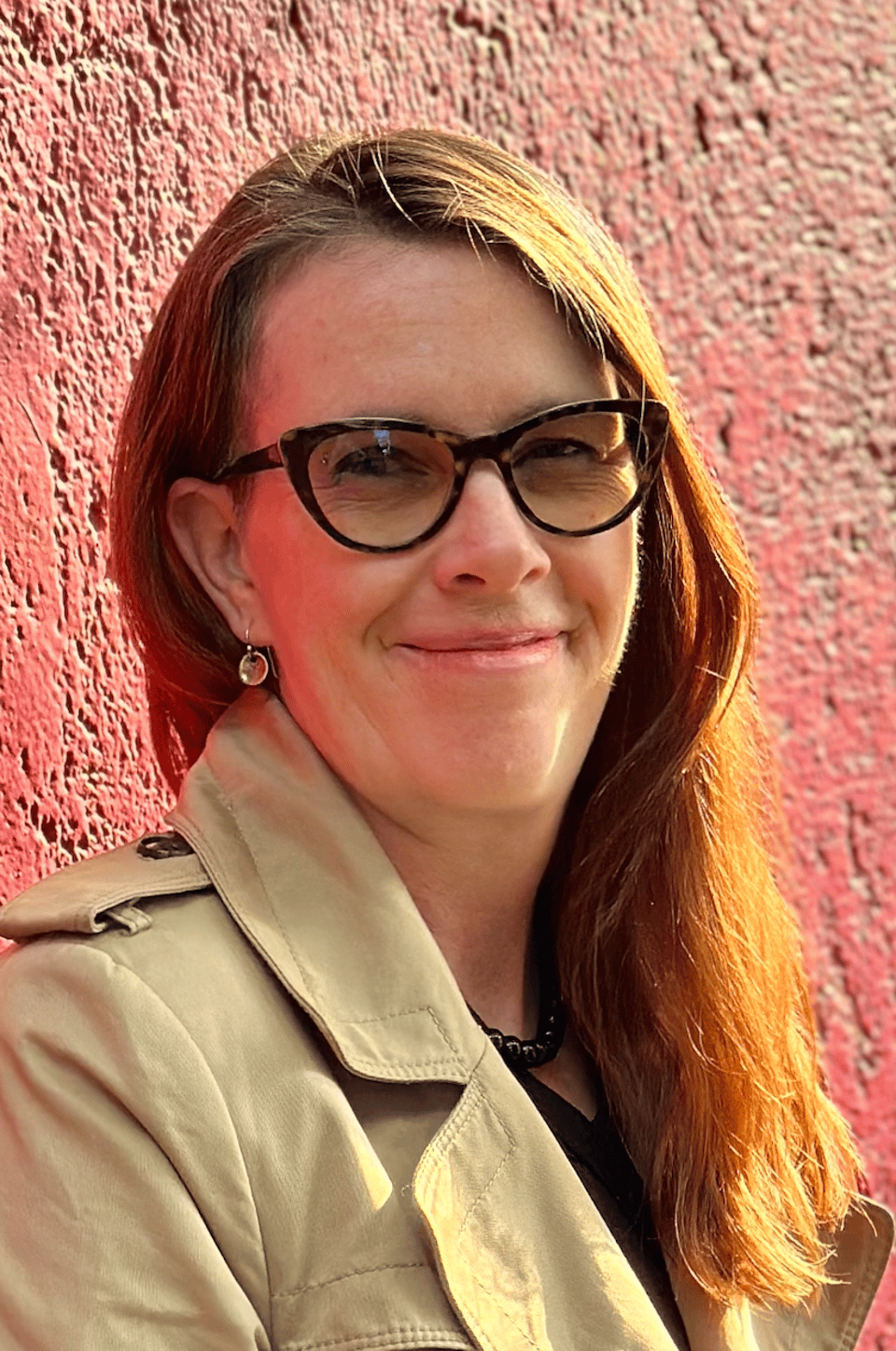New is not always better: Why involuntary addictions treatment won’t fix things
Provincial governments are lining up to legislate involuntary treatment for people who use drugs.
Discussing Alberta’s version, Bill 53, with colleagues over the past few weeks has shown me that physicians (the ones I know, anyways) are in one of two camps on this issue. In one camp are those who feel that something is better than nothing; that our current approach is failing, so we must try something new. In the other are peers, many of whom work in addictions and mental health or with people experiencing homelessness, who express deep apprehension over the proposed legislation.
Let me explain why I think the latter half are correct to be wary.
Last summer, we in Calgary experienced a prolonged water shortage due to a massive water main break. If you have two dogs, athletic teenagers with stinky gear, plants galore and any desire for personal hygiene, this scenario might present a challenge if not a major catastrophe. It was a massive infrastructure breakdown. Did everyone turn tail and start digging wells in backyards? No. Why? Because we didn’t need a new solution. We just needed to fix what had been neglected and was now broken. This spring, after last summer’s painful but temporary maintenance investment, sprinklers are sprinkling and the dogs are spic and span.
But what if the well-diggers were making bank off the breakdown of the water pipes? They would leap at (drill down on?) the chance to displace the status quo—in this case a municipal water system—in favour of their own solution. They might claim that municipal water systems are doing nothing to address the water shortage. Heck, they could even make the holes bigger and vilify the water engineers trying to fix the pipes.
From afar, many would say, well, this isn’t working! Let’s replace those pesky water pipes with something new! Because dirty well water is better than no water at all, right?
I hope I haven’t lost you in my analogy meant to point out that something is NOT always better than nothing. Besides, the problem is not even that we should do something instead of nothing because the fact is, there are many people already working overtime to plug the leaky pipes. They, however, are on their own because of all the excitement over the new, shiny solution: backyard wells!
Why are we turning our focus and resources to involuntary treatment when voluntary treatment remains totally inadequate and inaccessible?
The second reason I think many doctors are rightly concerned about involuntary treatment is that, aside from a few who happen to hold well-sinking contracts, physicians and public health experts are not involved in creating these policies. Nor are the populations the policies affect. This is how an expensive, sweeping change to our health system has come to be, despite poor evidence for its safety and efficacy. Noting this, several professional bodies have already issued statements cautioning against implementing involuntary care for substance users. The Canadian Centre on Substance Use and Addiction evidence brief states: “International experiences with [involuntary treatment] show ethical concerns, limited evidence of benefits and increased health harms, including higher mortality risk post discharge.” Similarly, the Canadian Public Health Association notes that [involuntary treatment] “would expand criminalization under the guise of care, rather than investing in community-based harm reduction, treatment, and social supports that have been proven to save lives.”
As if pseudoscience and profiteering are not enough, clinicians are right to be worried about how such policies will be implemented. Who will decide whether someone should be treated without their consent? Where will people be held? The emergency department? Jails? Who will look after them once they are confined and in acute withdrawal? Who will inject them with long-acting buprenorphine against their will (a procedure that takes, under the best of circumstances with a cooperative patient, a few minutes)? What happens if their risk of harm is related to stimulants, not opioids? What if police go to apprehend them, and they’re brewing sepsis?
Alberta’s Bill 53 allows for people to be detained and confined based on nothing more than a history of substance use and risk of harm. They don’t even need a mental health diagnosis. Capacity, the assessment of which demands—as clinicians know well—nuanced clinical skill, can be determined by a single bylaw officer or unregulated addictions counsellor. Physicians will be required by law to provide health information about their patients without their consent.
Involuntary treatment of the sort found in Bill 53 goes wholly against Canada’s commitment to UNDRIP and the health calls to action of the Truth and Reconciliation Commission. Not only does it disproportionately affect Indigenous people, but it also relies on “we-know-what’s-best-for-you” rationale to force people into treatment, including procedures and medication administration, without their consent. This should raise big, anti-colonial alarm bells.
At first glance mandated treatment might seem a good tool, worth supporting. I have been grateful for mental health legislation that has allowed physicians to 'care-fully' make decisions for patients with severe psychiatric illness who lack capacity and would otherwise suffer grave harm. But after reading Bill 53 closely and speaking with colleagues, I am afraid this is a different beast altogether. I am in fact terrified for patients and my own and colleagues’ moral wellbeing. As a clinician working with people who are going to be directly affected by this legislation, I would far rather let the taps trickle while we repair the whole system than haul water from the depths with a bucket and rope—especially when peoples’ health, human rights, and lives are at stake.

